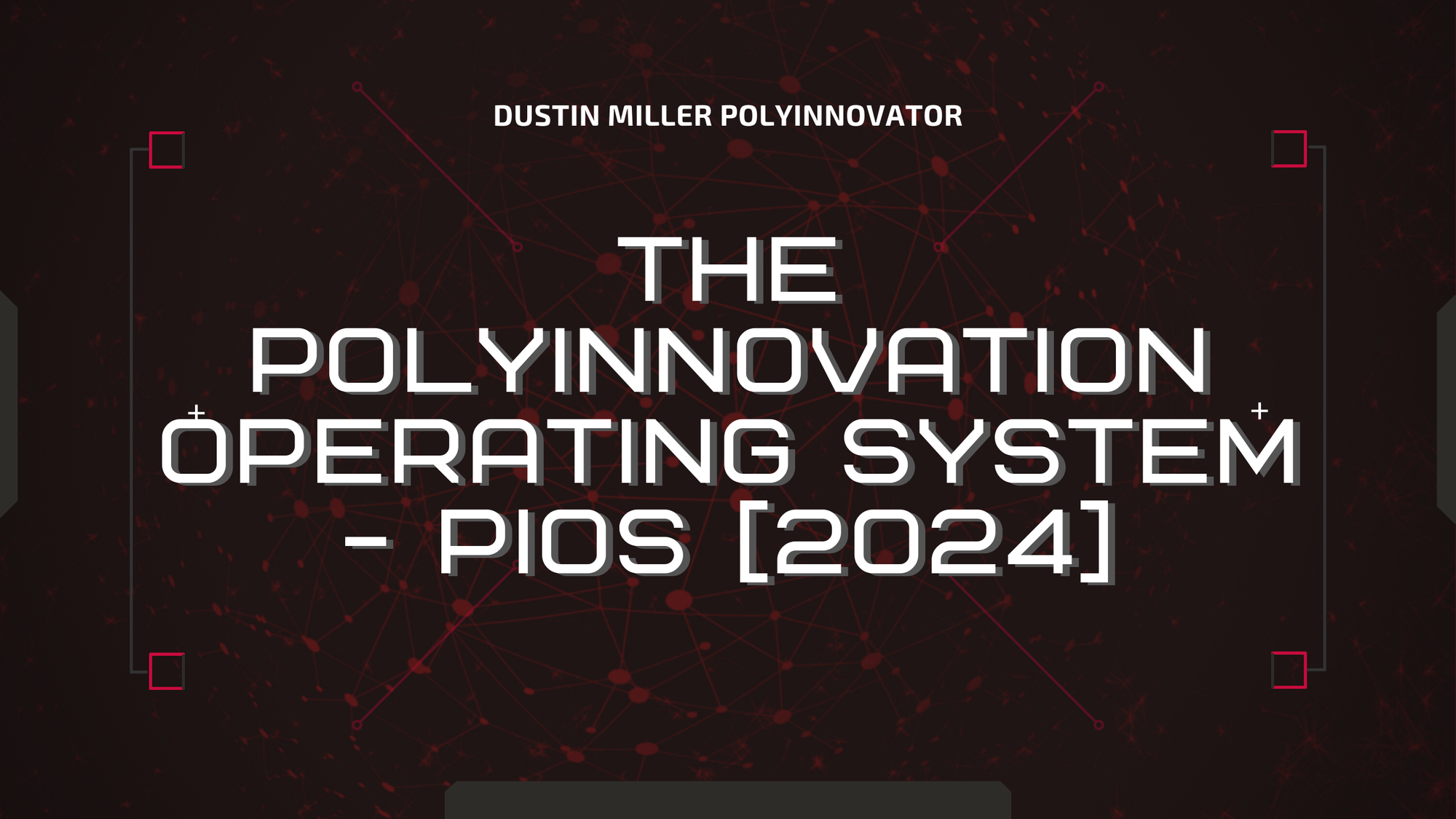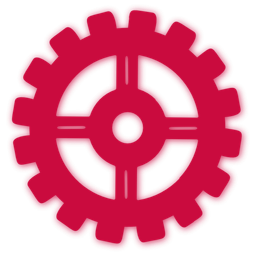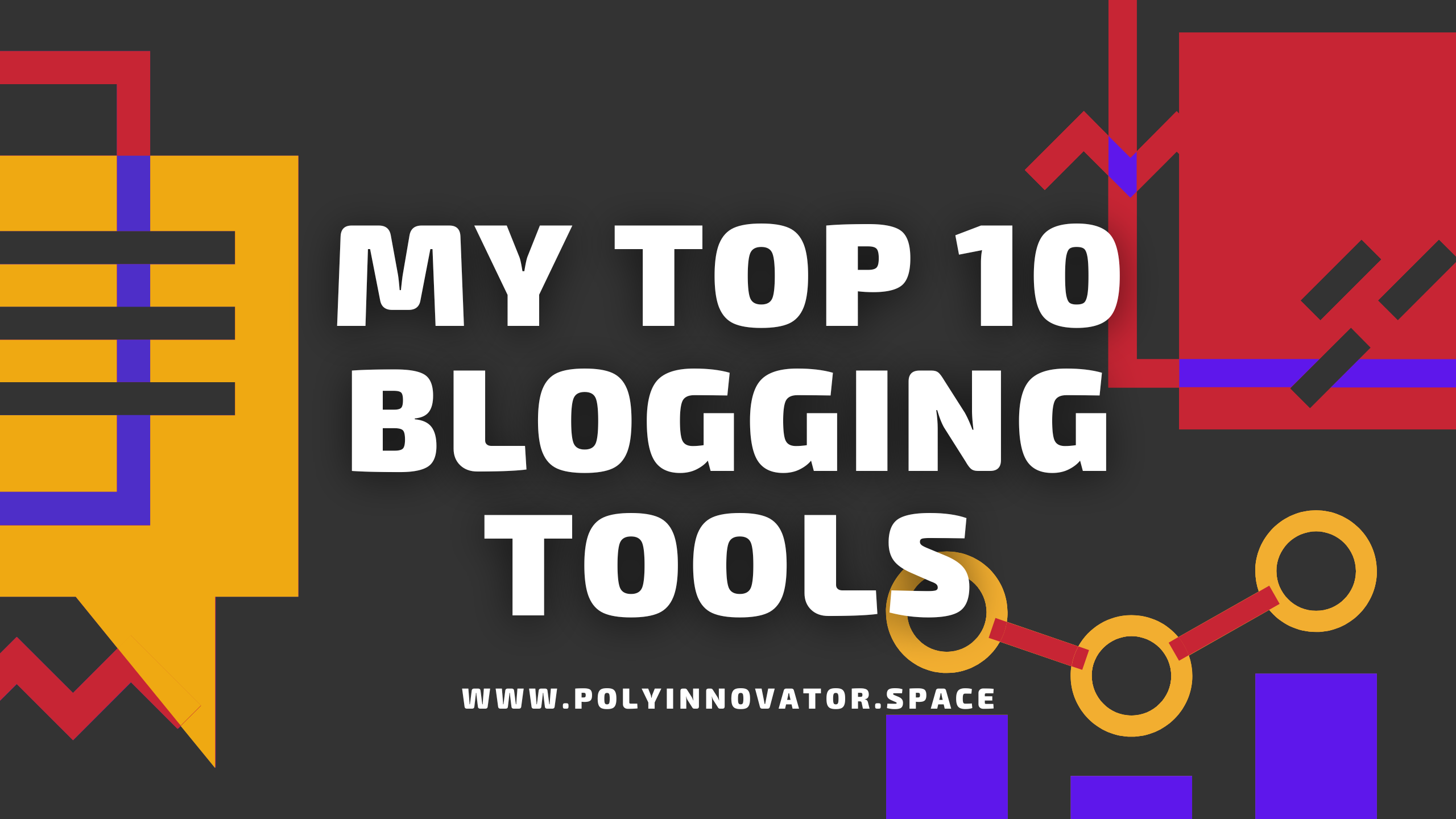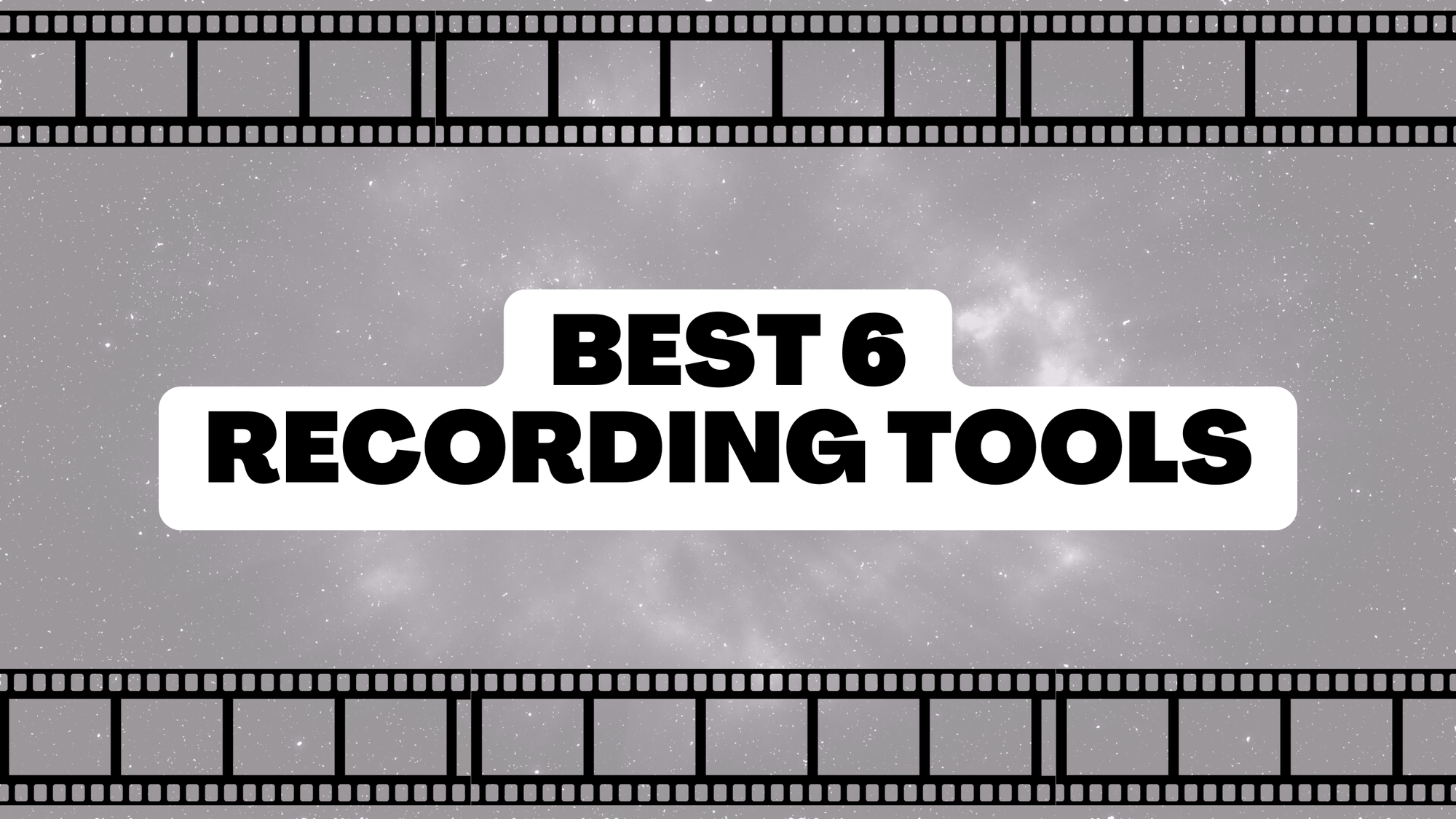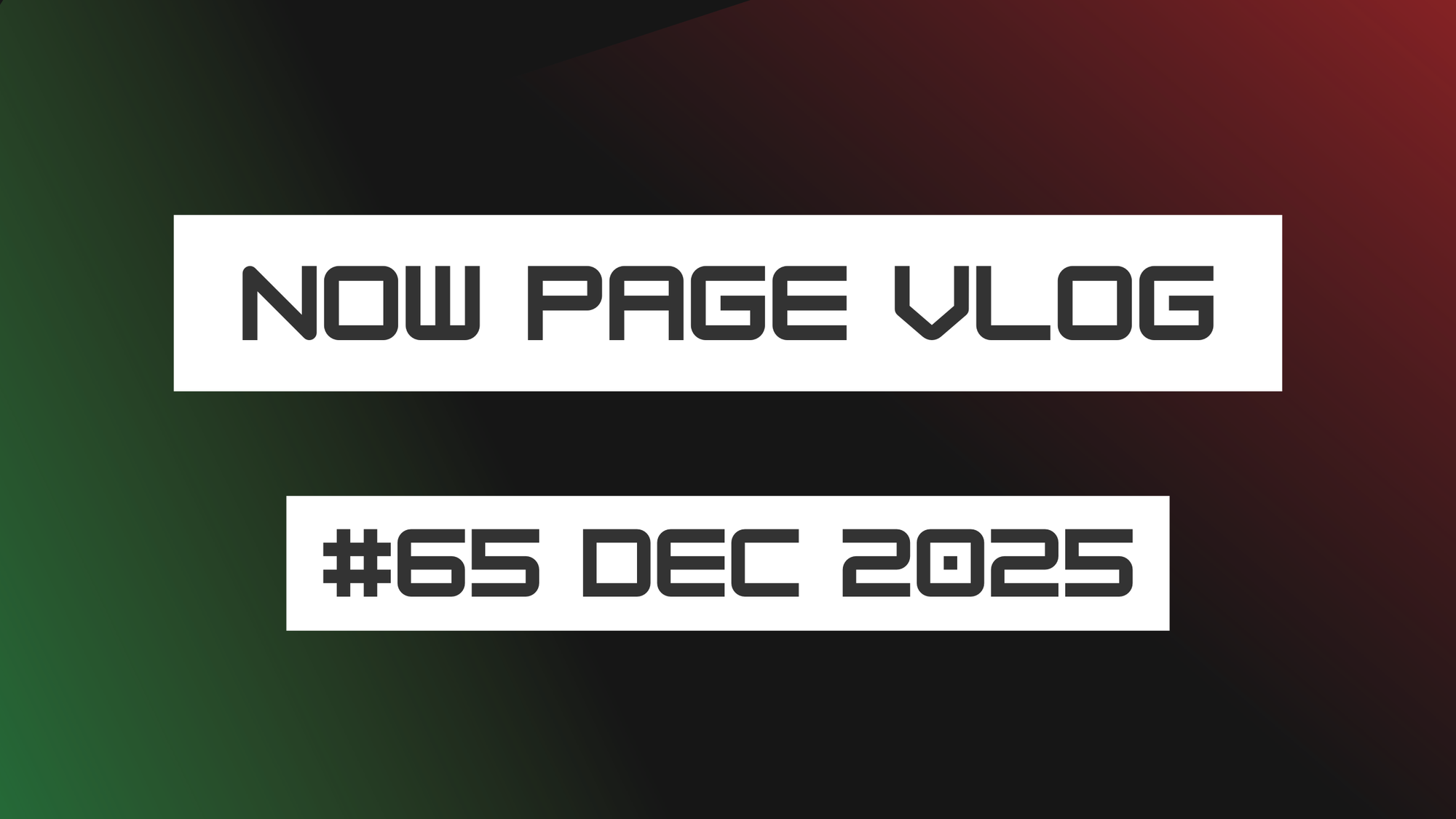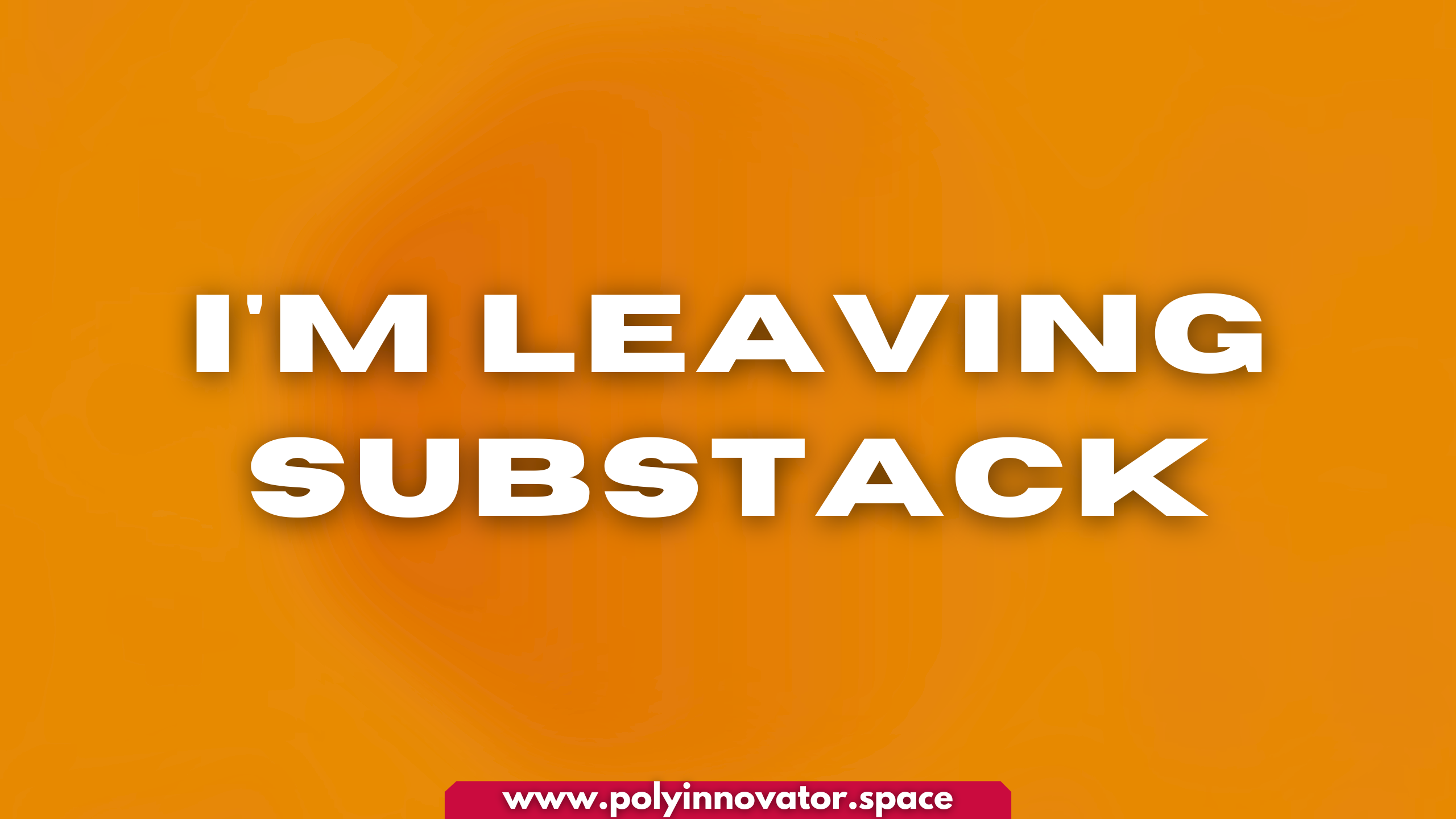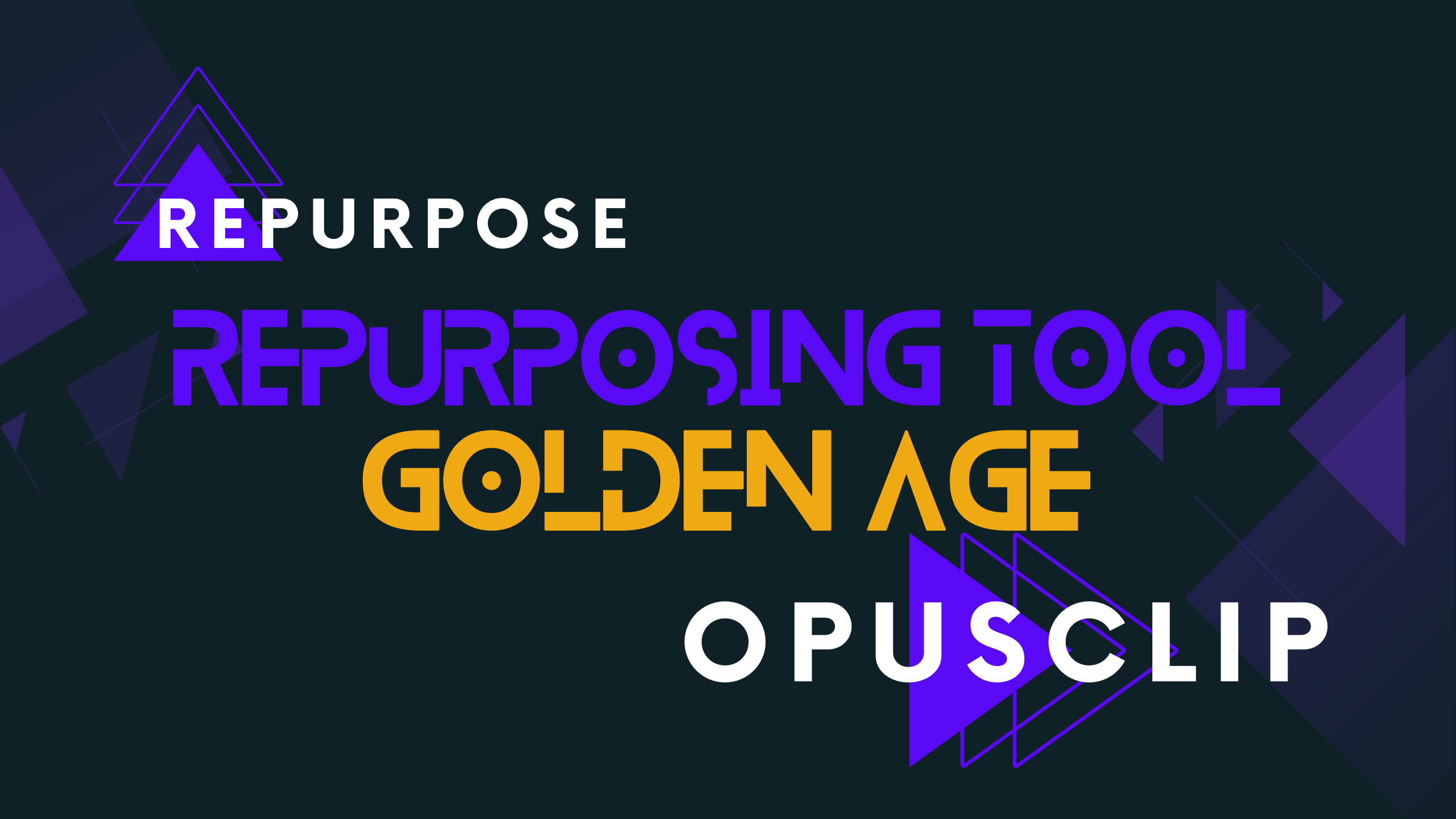"Activate JARVIS"
Good morning. Sir.
My passion for knowledge management has grown ever greater over the last half a decade. That is because of this obsession to accomplish my goals at an ever greater speed.
In order to do such a thing, then I need to be able to plan things out Sometimes down to the hour or day, and prior PKM models or methodologies did not really fit into that usage range.
I created the PIOS to be the solution to my problem, and to be a PKM framework for Polymaths. As there was nothing before for multidisciplinary people. In this post I wanted to share the journey of how the PIOS evolved until now, and where it is going.
A Journey of Platforms/Tools
It all started with a dream to create my own degree. I learned how to transfer my limited knowledge of Excel to Google Sheets. Went pretty hardcore as I could go before doing advanced formulas. Realized I couldn't do what I needed to do in this tool. This is around circa 2017 or 2018 at this point.
Most of the tools you know of now weren't even around back then, and Notion was just starting out. I made the move to Airtable, and created a pretty well designed Modular Degree system. Something I would still use today, if I didn't delete the database (although I'm probably going to make a template down the line anyways).
Through Airtable I was able to see the power of a true database tool, rather than a CSV sheet like I had before. I had tried out dozens of task and project management tools, pretty much that were on the market at that time.
I came across Notion... hated it, didn't understand it really, and when I tried it again. I grasped the... well notion of how to use the tool. Now the PIOS didn't come to me right away. I had to think about the levels of abstraction that I needed from my PKM.
Eventually the Modegree expanded, I created my PolyinContent ecosystem template too. Then through a few times of serendipitous eureka moments I was able to formulate the holistic system.
I had moved to Obsidian in an effort to escape AWS, as when it went down (rather often in my years with Notion. It left me without a tool in those moments, also the Notion databases are to this day still slow a lot.
Obsd allowed me to play around with note taking more, and got me into doing daily notes. Not to mention visualizing my second brain with a node graph, which was revolutionary.
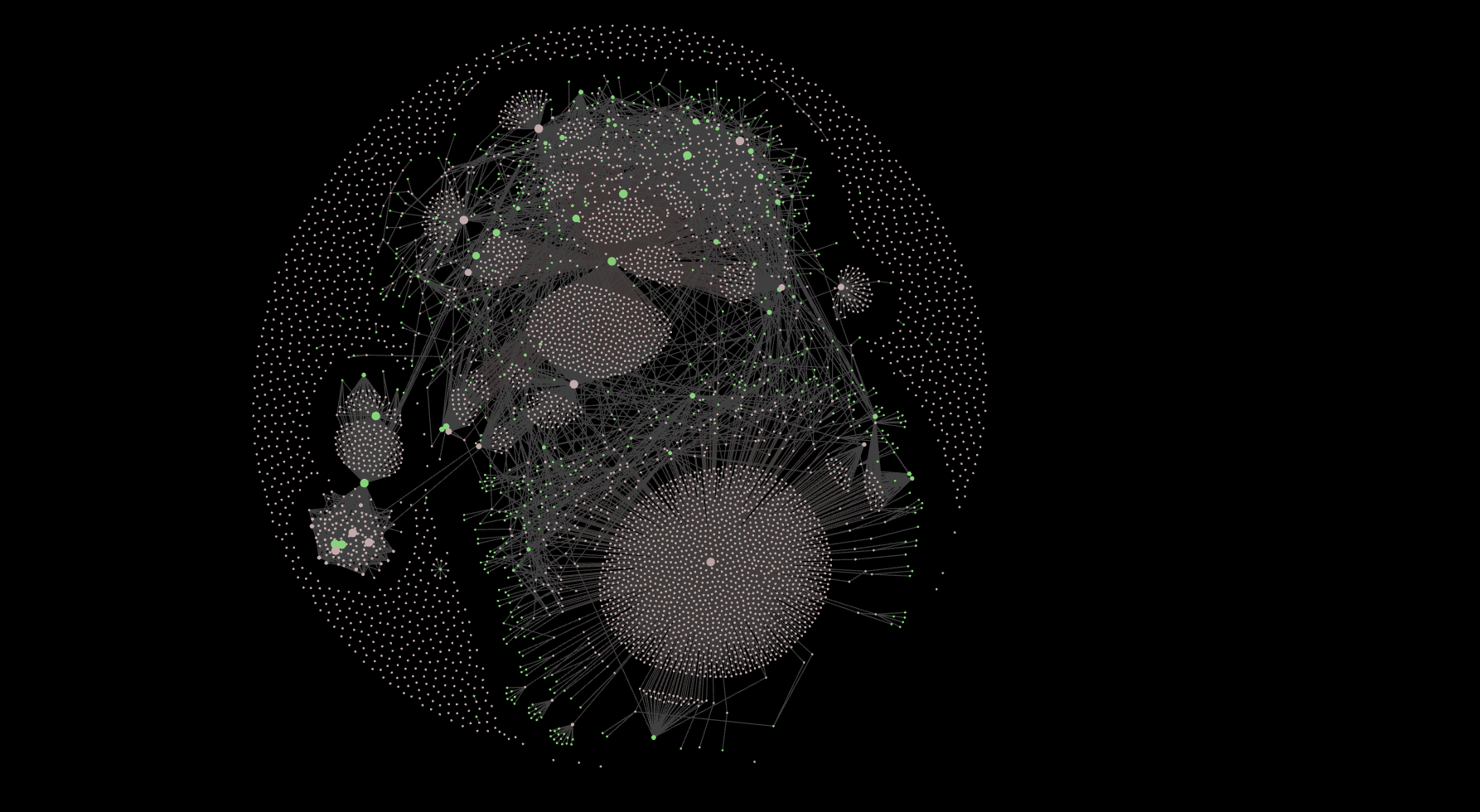
Most of which I never fully organized and tagged before leaving the tool.
I saw this local tool on my computer as an opportunity. I could train a GPT bot on my own data, and then create a proto-JARVIS. While that didn't come to fruition, yet.., it left an inkling for more. I used a reminder plugin to plan my content out, as that was the only plugin I could get to work for it, but it was a tedious process. Don't get me started on if you miss a day.
Thus I looked into Capacities, which translated well for my PolyInContent ecosystem, for my content production. However it felt weird for the Modegree, and it rather failed for me when it came to actual note taking ironically. In order for the reminders to work I'd have to check out the daily note. While the reminders were a lot easier than Obsd, they still had that anchor of the daily note.
I never found myself using the tool for notetaking as it was web based, and the writing experience is pretty sub-par at times.
Now I moved to a tool that fixes most of those issues.
Where I am today:
I found that I need an integration with my calendar, adequate todo/task management at least, and it is best for it to be a local tool.
Acreom came out of the blue, and I came across it in a couple PKM rabbit holes. Just like with every other tool, it took more than one attempt to use it, in order to actually like it. This being because I had issues with the sync at first, but after the initial large sync its very quick.
I still need to figure out how I'm going to make the Modegree work, as even with Obsidian I had to use a article/link saver plugin. Although I do like the folder structure method to organize things in the Modular Degree, that I came up with in Obsd, and moved to Acreom.

PolyInnovation or Personal Innovation - Operating System
Regardless of which way you look at it, the point remains. Innovating your life and areas of life.
It is about innovating each layer of the PIOS, which each correspond to a different aspect of your life. The yearly is pretty self-explanatory. Gotta plan out the year ahead, and review what you did the year prior.
It is when you get to the quarterly, that things get more interesting. The Four Pillars philosophy I came up with a decade ago; I find is imperative to managing your life. Understanding your mind, body, spirit, and emotions, and making sure your yearly or monthly layers take that philosophy into account.
Your ikigai is more of your professional side of life, but not fully. It is a passion after all, and thus it too must be looked after each quarter.
Making sure your monthy, weekly, and/or daily actions are imbuing the four pillars and ikigai whenever you can. Aligned with your virtues.
From there your monthly actions are pretty standard, you will decide in the yearly layer what "Phases" are your focus for that year. Each quarter and month, you will figure out what "Projects" and "Goals" are most prudent.
From there content, notes, Modegree materials, tasks, habits, etc all fall within each project and phase to accomplish your goals.
After that it comes down to basically timetracking, timeblocking, habit forming, and more along those lines.
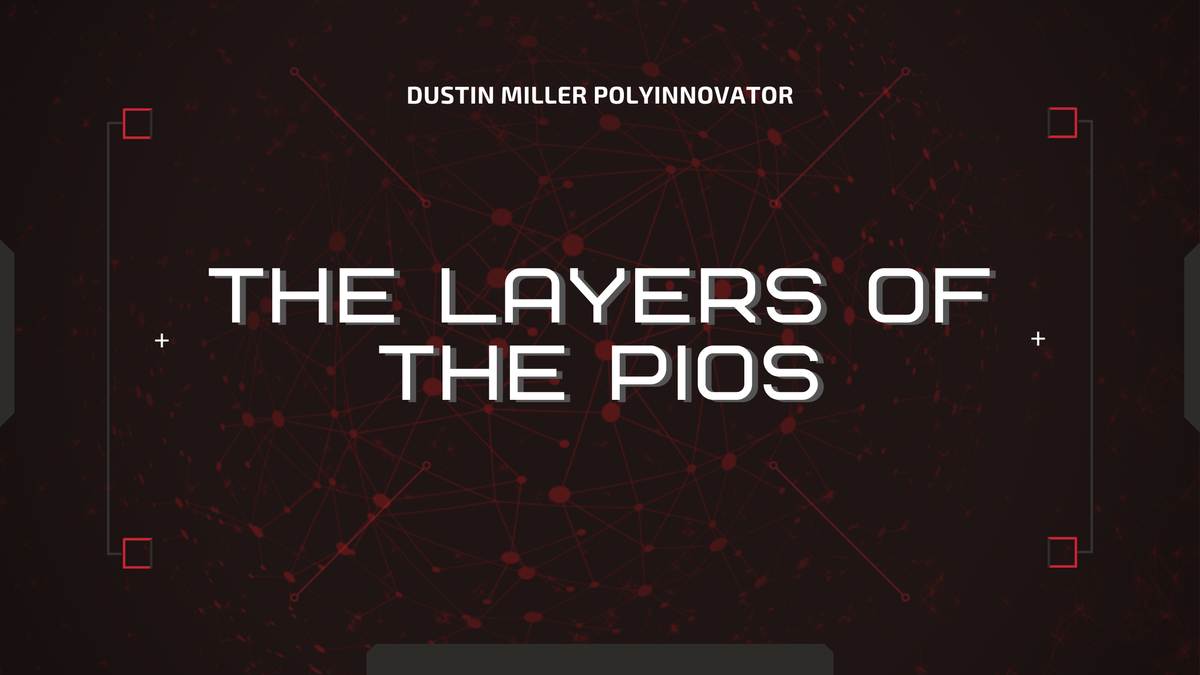
The PIOS is a Methodology not just a template or tool.
You could literally just copy the structure, and fill in the layers with your own templates if you wanted to.
It isn't like PARA where you have to use their templates for it to not crumble with customization.

I've made changes over the years, especially to the Nano and Pico layers. However I think this is the structure that I will keep for a while. Note: I don't see archive as a closed off layer/folder. You will pull from it like any resources layer from other methodologies too.
How I used each tool
Going back to the idea of how each tool changes how you use the framework. However even within the tools I found myself doing things differently.
In notion I found myself making multiple views, especially with calendars, and that would work amazingly well with Notion Cal. In fact one reason I was frustrated and left, was that I wasn't able to combine my Modular Degree Cal, Task Cal, and Content Cal into one. Now that they all can appear in Notion Cal/Google Cal through Sync. It would work a lot better now.
In Obsidian I went through all 1000 plugins directory nearly half a dozen times. I was so keen on sticking to that tool. However any plugin I tried to use in order to replace functions from Notion, just ended up failing to work. Either completely or failed to load in my data fully. While being local, having a graph view, canvas was a lot more useful than expected, etc. The benefits didn't outweigh the cons, and I ended up becoming even more behind on content than I was originally.
I could see myself using Obsidian and Notion together perhaps, but I wouldn't want the data to be separate. The sync plugins (there are a couple for these two tools to talk), they weren't quite there IMO, and I also don't see a point. I want an all in one at this time.
Moving to Capacities needed to happen, but I was disappointed by the performance (it made it HELL to move, as copying into Capacities was really bad). It has gotten better, but I still have to click 2-3 times in order to enter into a new text box or property in the page view. It is sort of ridiculous, and highlighting multiple lines of text almost outright doesn't work.
I've tried contacting the team about my issues, but they rarely respond, and usually just say sorry we don't have time to chat or something along the lines of "use the feedback tool". Which the feedback tool is tedious as well.
Making me really have this feeling of love and hate for the tool. They lead the way in object-based note-taking, but I couldn't put my full faith into the tool. Since it never fully worked for me I didn't want to pay and become a "Believer".
--
Intermission? As I found myself frustrated by the 3 tools I was using, and I was actually split between all three. As in I had necessary data in all 3, even at the time of this writing I still have some in Notion that I need to get into Acreom.
I went on a tirade of research into finding any tool on the market. Trying out a couple dozen new PKM tools that have come out. Some of them were really cool, and I'll probably make content around them. However they weren't good enough to replace what I was using. Even Affine or Anytype, which are pretty interesting tools.
--
Now that I have moved ONCE AGAIN, I find myself frustrated, as I had to manually move thousands of pages/notes on three occasions. Although I'm pretty excited to share that I think Acreom might be my new home. I already consolidated Obsd and Capacities into one place now.
The difference with Acreom is that unlike all 3 other tools, the task management is built in. Notion and Obsidian don't really have anything native, and Obsd requires plugins which weren't that great. Capacities has some task management, but then decided to pawn it off to using another task todo tool with a sync feature. Nice, but not ideal.
With all four tools I plan my content by adding a date to a blog post or video, etc, and then on my calendar or daily note seeing those content items. Then I can go into whatever tool I need like Ghost CMS, make the content. Add it to my page in Acreom or whichever tool, and then change the status to done. Pretty simple, but being able to ADD THAT DATE is the differential factor between tools.
It has gone over many evolutions
Each year I've modified the system, but using each tool also added an experience that lead me to come up with new ideas for how to use the framework.
The PIOS is Platform agnostic
Not to mention made with modern tools in mind. If you go with something like Remnote or Reflect, then you'll probably have a harder time adapting it. As the tools themselves organize the information for you.
However with tools like Tana, Notion, or Acreom, then the framework fits pretty well.
I wanted to build a system in Notion, but as I moved to new tools I realized more and more that it could be applied to nearly any of them. I still think that tools like Remnote or Capacities, that don't work a file structure, they are more difficult to adapt to.
However if you are creative enough, then it should work!
What I have planned going forward...
I changed the niche focus to be more specific for PolyInnovator, while I made content around knowledge management and polymathy. They were almost treated as two different niches, when in actuality what I've been doing is a mix of both.
Knowledge management for Polymaths.
Meaning that I have this as my main focus above my sub-brands/sub-niches. I have a ton of PIOS content on the way, and that includes some posts for other tools as well. Not just for my preferred tool of Acreom.
I'm not sure which tools will be the next focus.
Even though I prefer Acreom at this point, or at the very least Notion. I do think it would be helpful to people if I made templates in many different tools. That way you wouldn't have to move tools if you say prefer Airtable or Obsidian for example.
Here is a list of tools that I think will be adaptable to the PIOS:
- Acreom
- Notion
- Airtable
- Obsidian
- Logseq
- Capacities*
- Tana
- Coda*
- Microsoft Loop? Maybe...
- I wouldn't mind if even for the challenge to make a template in Google Sheets!
Here is a list of other tools, that while I'm not sure about the PIOS fitting into them, I still want to make content around:
- Lattics
- Saner.ai
- Affine
- AnyType
- SiYuan (maybe)
- AppFlowy
The PIOS is the holistic framework and template.
However the template includes my unique do it yourself education template, the Modular Degree, as well as the PolyInContent Ecosystem too.
These templates are available on their own, only Notion at the moment, as well as built into the full PIOS template.
I created the Modular Degree as a way to revolutionize Education, and down the line I plan on making a full on application to maximize its potential.
The PIOS as a whole has lot of potential outcomes, and so for now I think going wide is the best way to go forward.
From the Supra all the way down to the Pico layer
As I said before, each layer has a purpose, and being able to fit your needs into those layers I think is the challenge.
Not a challenge in the sense that it doesn't fit, but more along the lines of how can you fully use that layer? I still find myself trying to remember to do each layer at the intervals of time needed.
However I think that is part of the growth of your own self-development, along with the framework too.
I think for me to start doing coaching on knowledge management, particularly through the PIOS is what I am going to do next.
![Official Website for Dustin Miller PolyInnovator [LLC]](https://polyinnovator.space/content/images/2025/03/polyinnovator-logo-2024.png)

